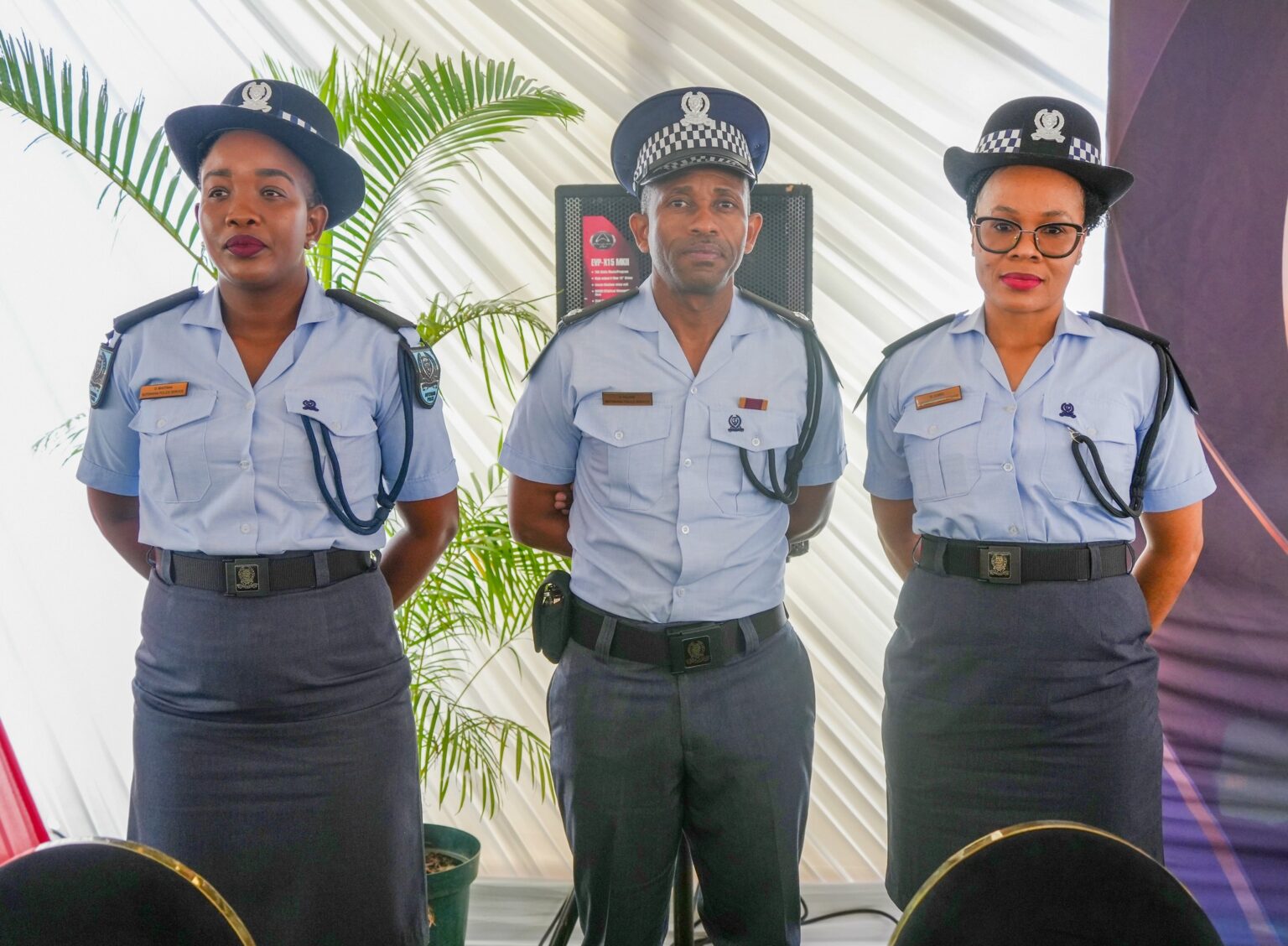Maun Police have raised serious concerns about the alarming rise in gender-based violence (GBV) cases in the region. Since January, there have been 27 reported rapes, five murders, and 26 cases of defilement, signaling a growing and disturbing trend. Superintendent Joseph Lepodisi, while addressing these troubling statistics, pointed to an additional challenge in the fight against GBV: the frequent withdrawal of cases by victims and their families.
One of the most concerning aspects of this trend is that many victims, often under societal pressure or due to a desire for reconciliation, are retracting their complaints. According to Superintendent Lepodisi, this practice undermines the legal process, allows perpetrators to escape justice, and perpetuates the cycle of violence.
Societal Pressures and Cultural Factors
The reasons behind the withdrawal of cases are complex and rooted in various cultural, social, and economic factors. In many communities, there is still a strong stigma attached to victims of GBV, particularly in cases of rape and defilement. Victims and their families may fear public shaming, rejection, or even ostracization. Additionally, there is a cultural tendency to prioritize family unity and reconciliation over legal accountability, which can lead families to pressure victims into dropping charges to avoid the perceived shame and disruption that a court case might bring.
Furthermore, some victims may feel financially or emotionally dependent on their abusers, making it difficult for them to pursue justice. The fear of further violence or retaliation, especially in cases where the perpetrator is a close family member or partner, also plays a significant role in the decision to withdraw a case.
Impact on the Justice System
The withdrawal of cases not only disrupts the justice process but also has far-reaching consequences for the entire system. When victims or their families retract charges, the ability of law enforcement agencies to pursue justice is significantly hindered. In many cases, key evidence and testimonies that could help secure a conviction are lost, making it harder to hold perpetrators accountable.
Moreover, the high rate of case withdrawals contributes to the backlog in the justice system, with many cases being dropped before they can even be properly investigated. This results in a lack of conviction, which ultimately sends a dangerous message to society: that perpetrators of GBV can act with impunity without facing the full weight of the law.
Perpetuating the Cycle of Violence
The withdrawal of GBV cases is not just a setback for justice—it also contributes to the ongoing cycle of violence. When perpetrators are not held accountable, they are more likely to continue their abusive behaviors, knowing that the legal system may not intervene. This sets a dangerous precedent, especially for future victims who may also feel discouraged from coming forward.
Additionally, the lack of justice reinforces the normalization of violence in some communities, where abuse is seen as a private matter that should be dealt with within the family or community rather than through legal means. This not only perpetuates the cycle of violence but also prevents the necessary cultural shift toward zero tolerance for GBV.
Addressing the Challenge
To address the increasing cases of GBV and the concerning trend of case withdrawals, a multi-faceted approach is needed. The justice system must ensure that victims are provided with the support they need to navigate the legal process without fear of retribution or societal backlash. This includes providing safe spaces for victims, offering counseling, and raising awareness about the long-term impact of GBV on individuals and communities.
Furthermore, law enforcement agencies need to focus on sensitizing communities about the importance of holding perpetrators accountable and the detrimental effects of case withdrawals on the wider society. Educational programs aimed at challenging cultural norms and promoting gender equality are crucial to breaking the cycle of GBV.
The government, NGOs, and community leaders must work together to create a society where victims of gender-based violence feel empowered to come forward and seek justice, and where perpetrators are held accountable for their actions.
By addressing the root causes of case withdrawals and promoting a culture of accountability, the region can begin to combat the pervasive issue of GBV and make significant strides toward a safer, more just society for all.










